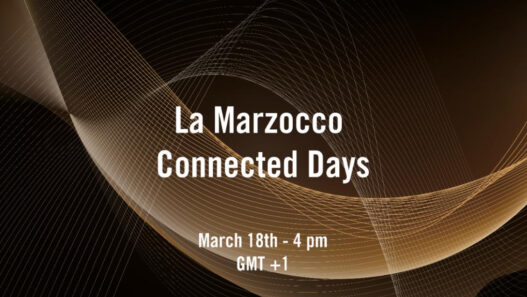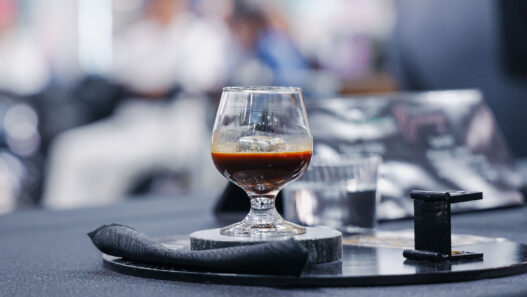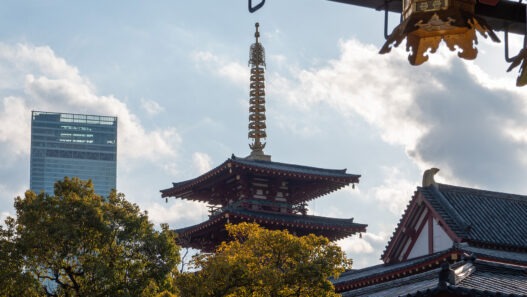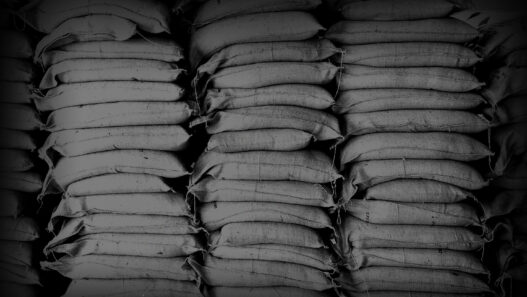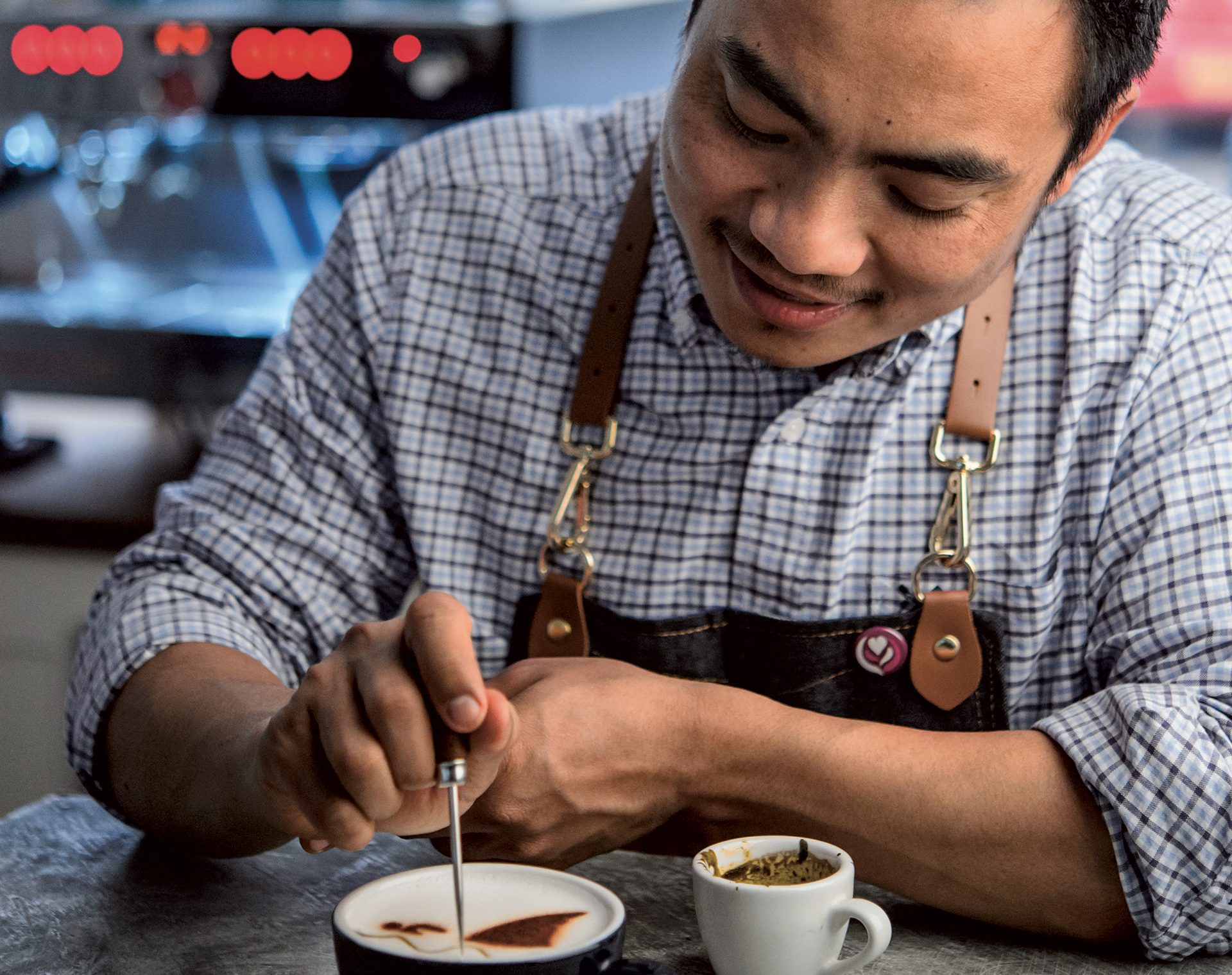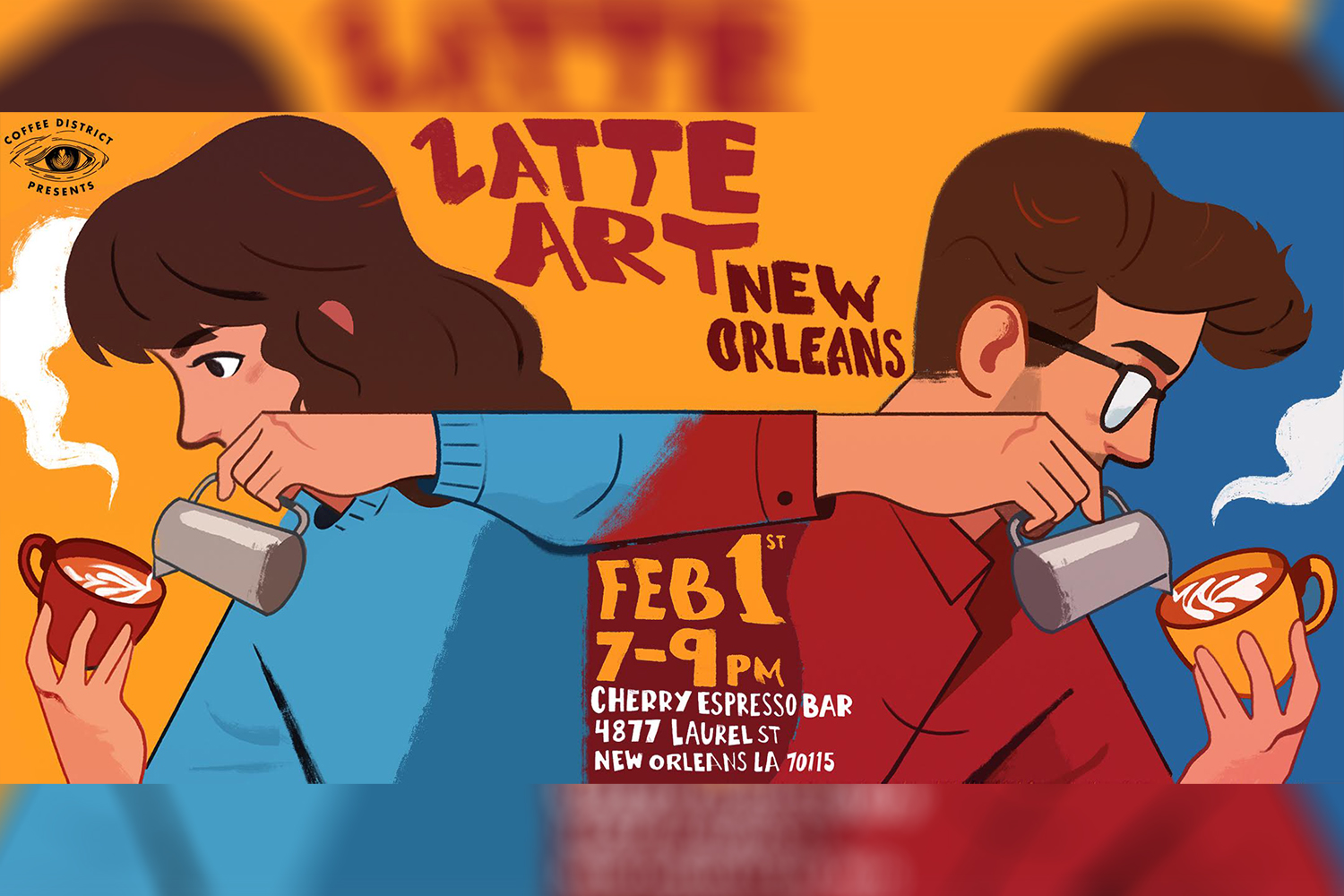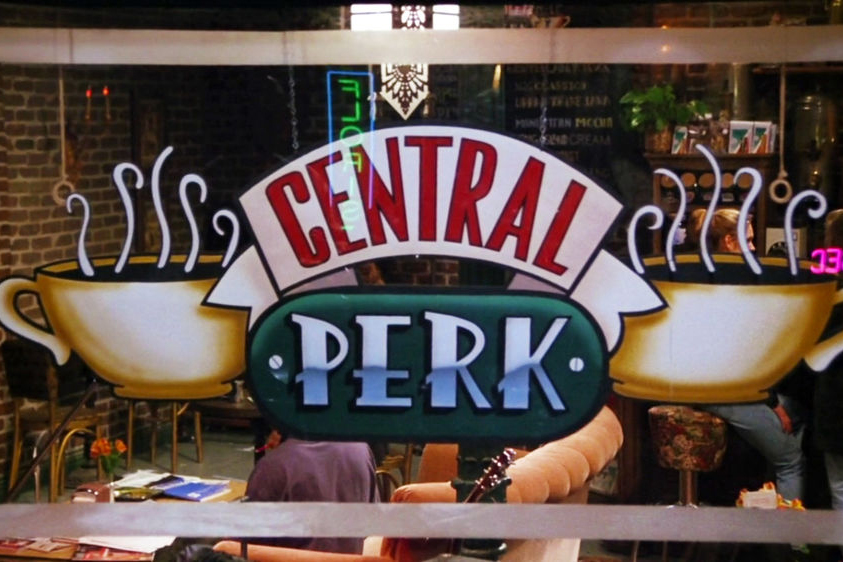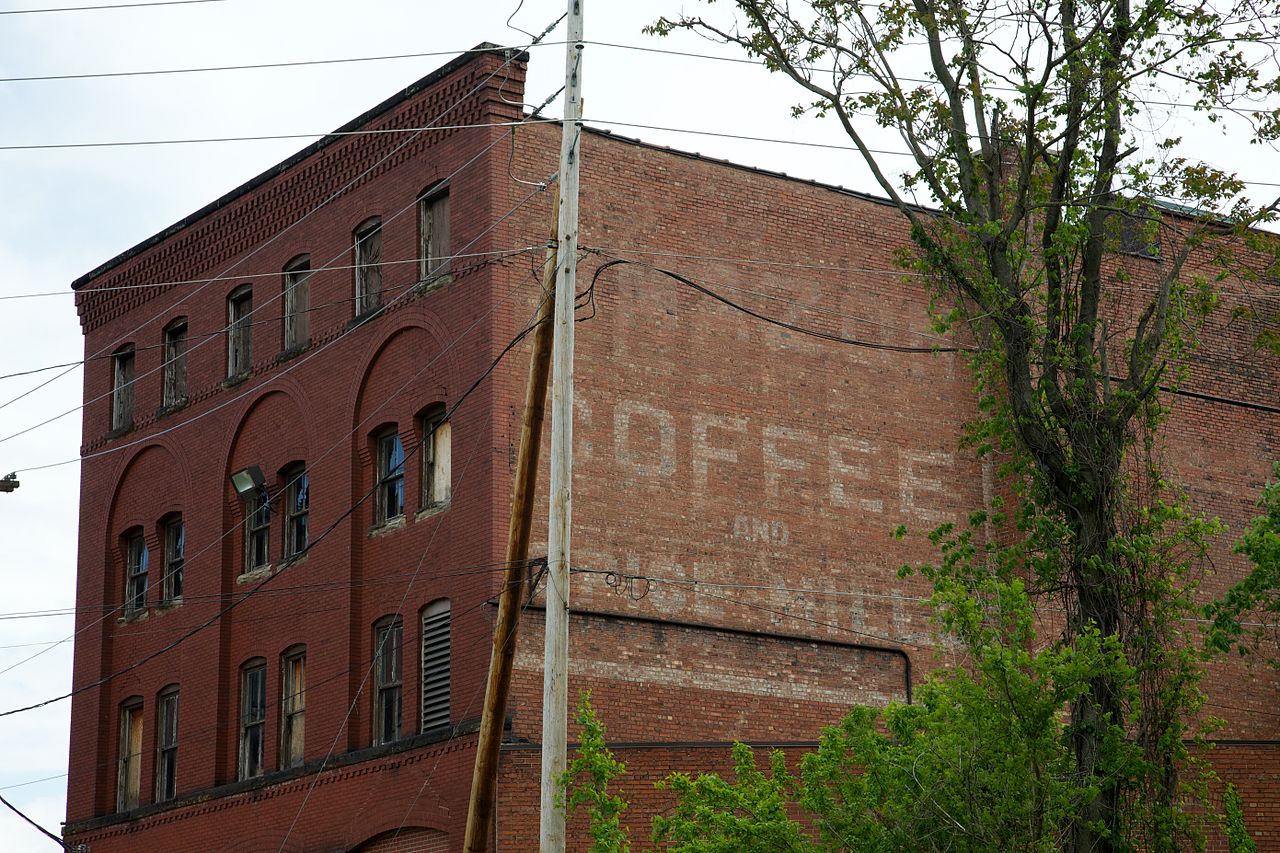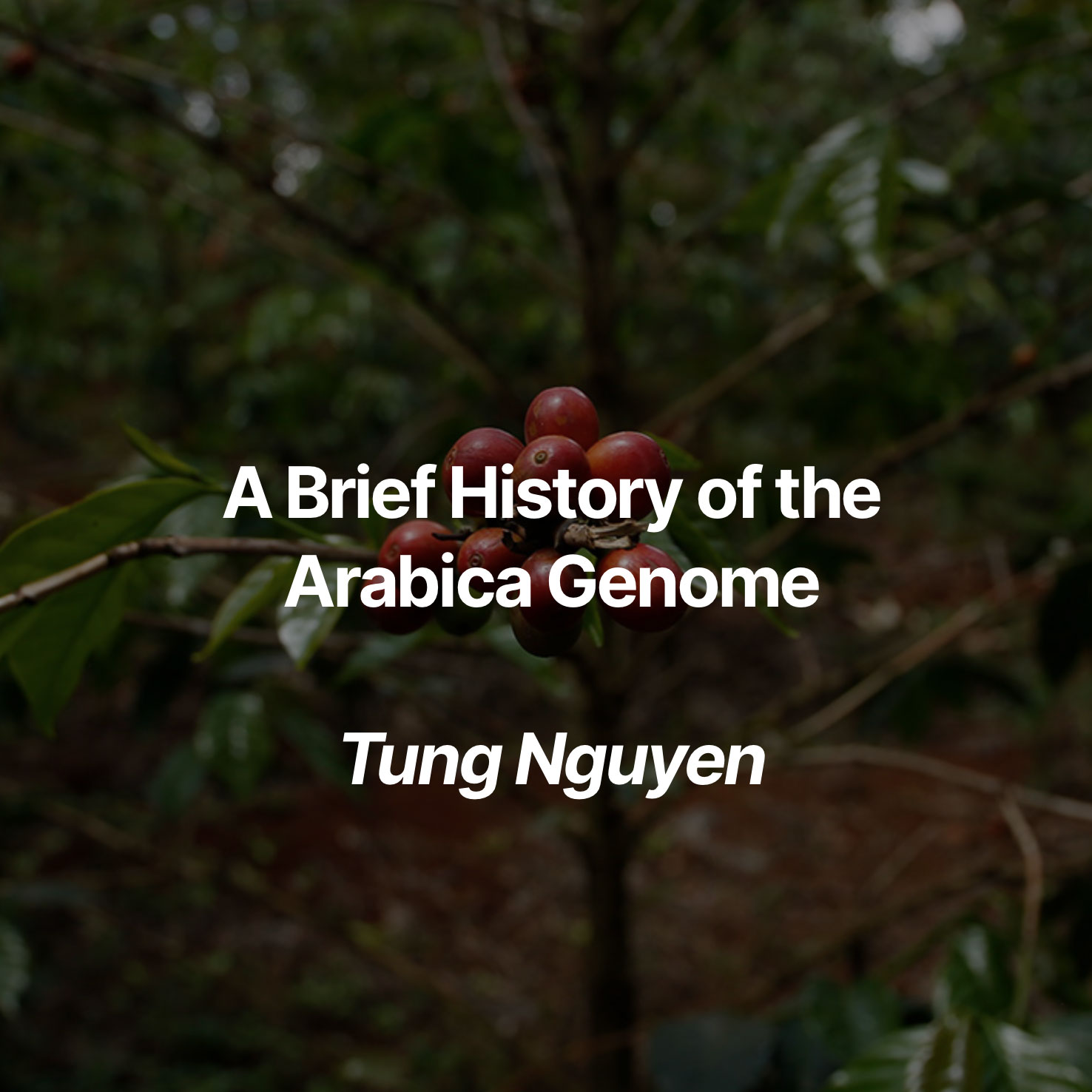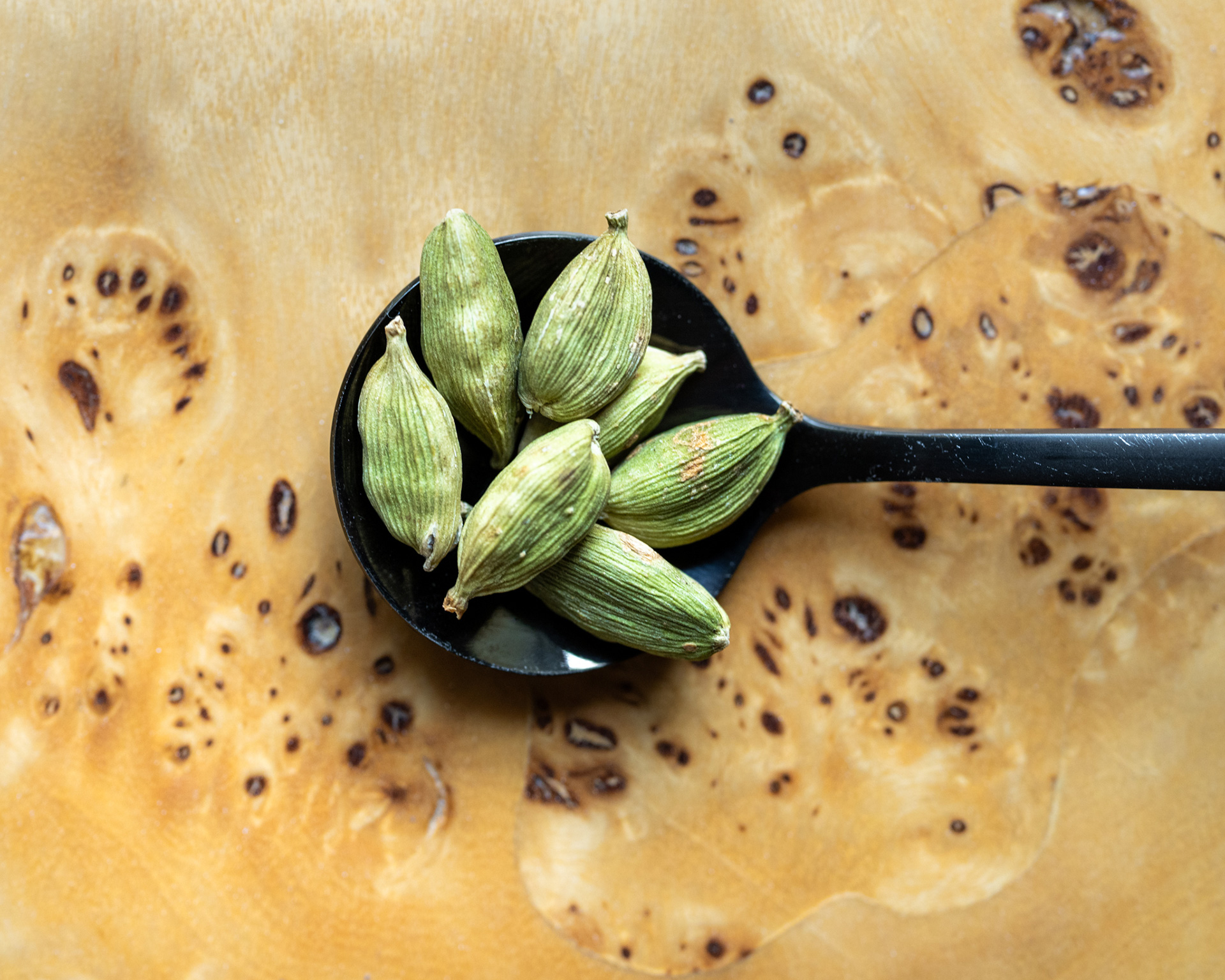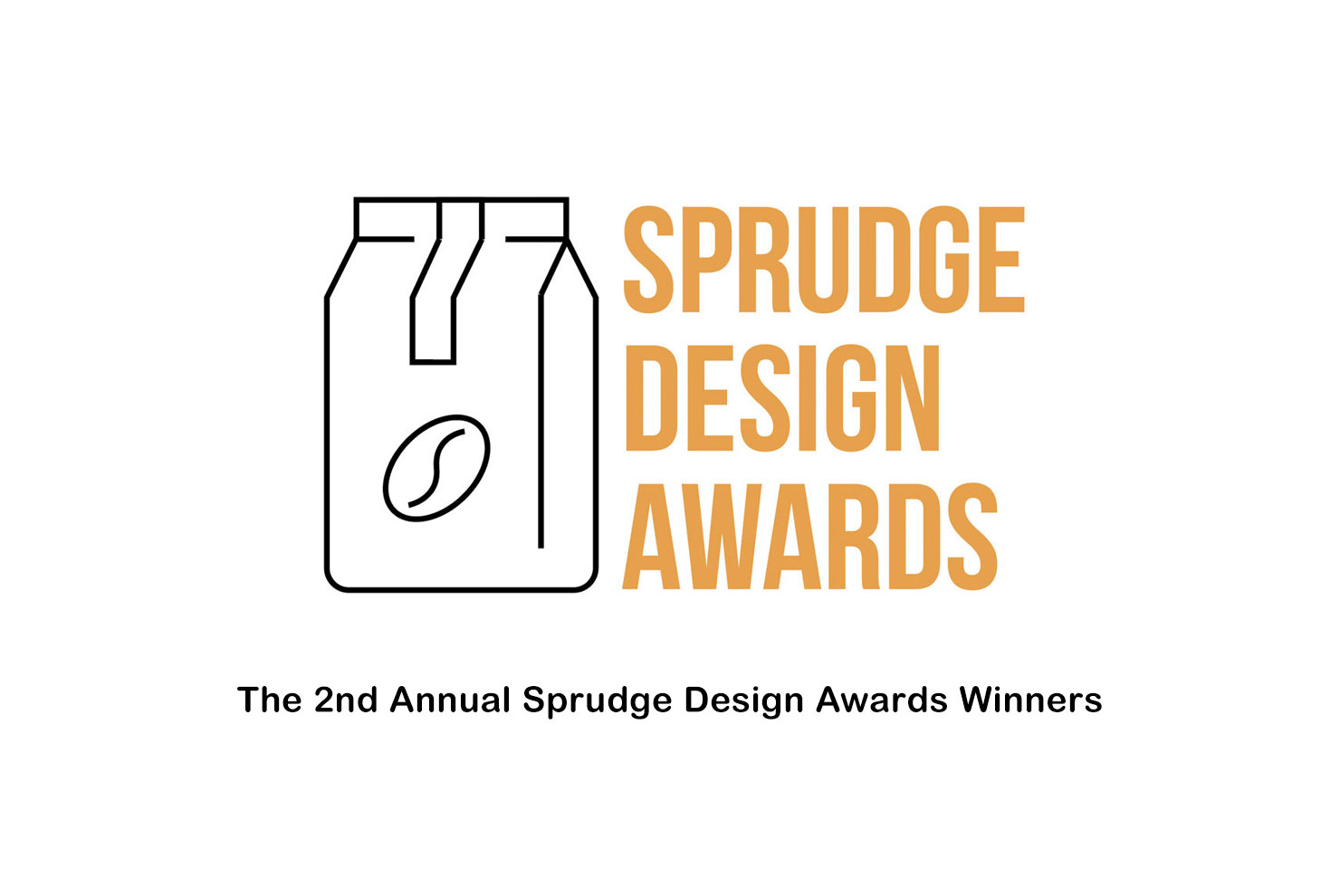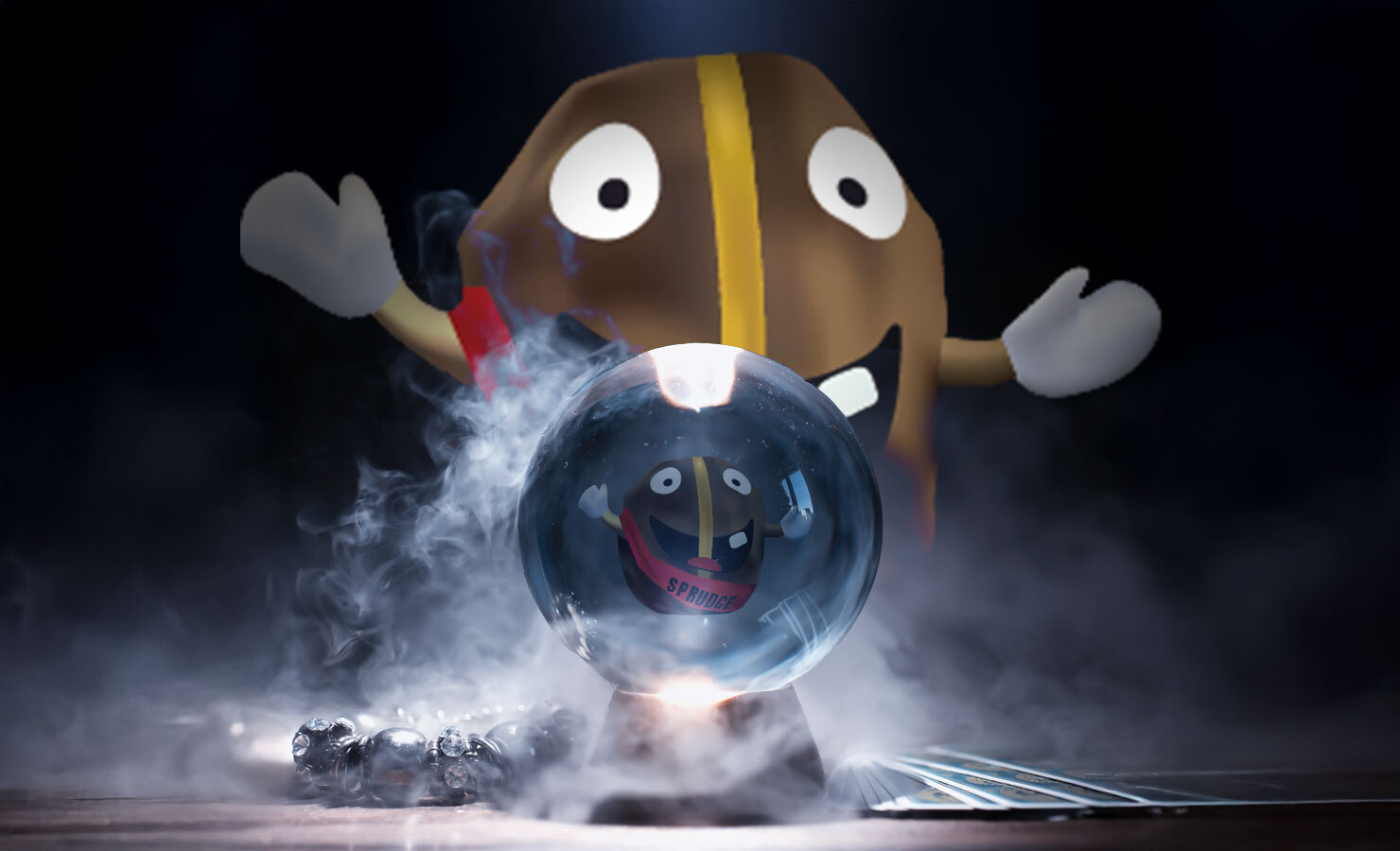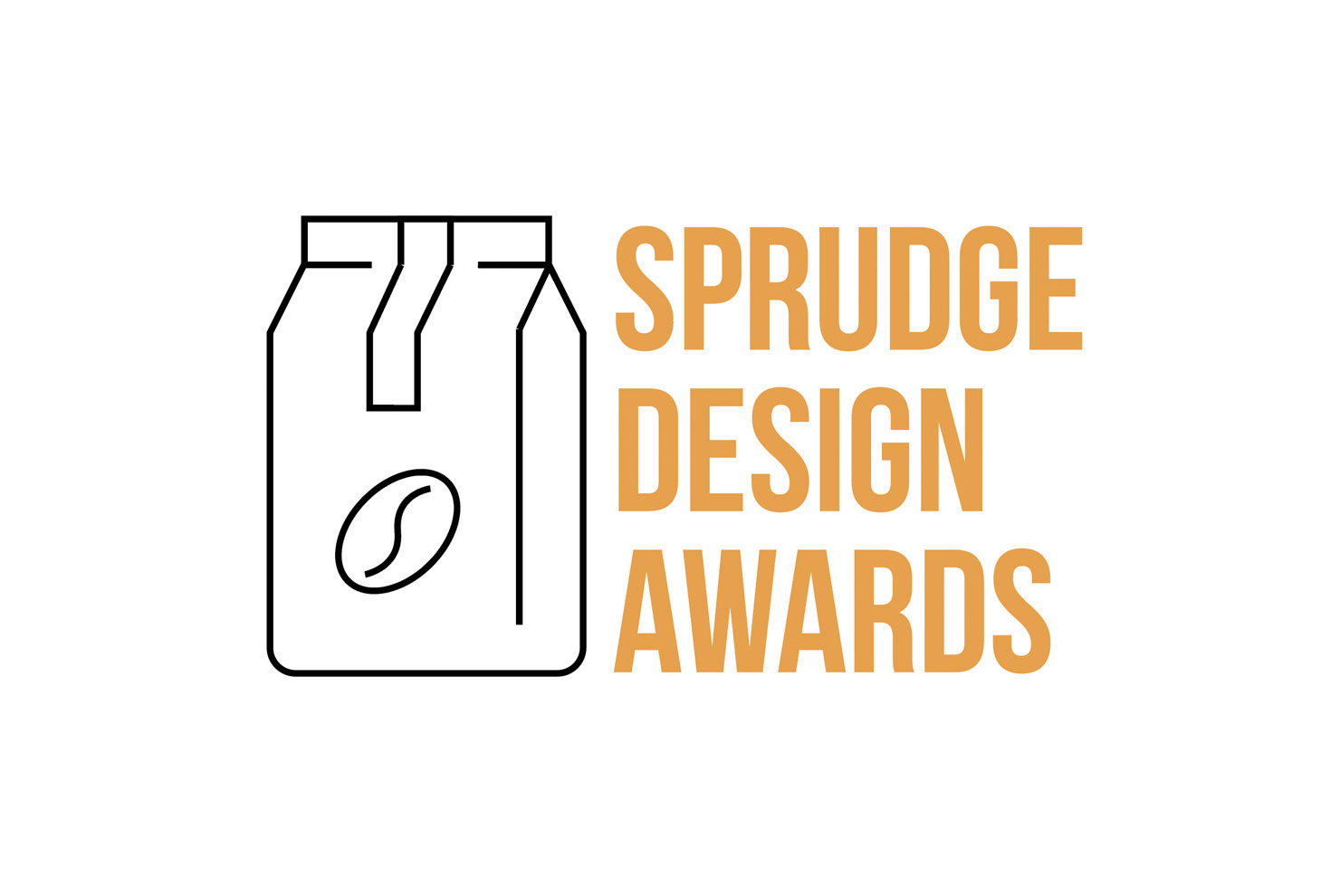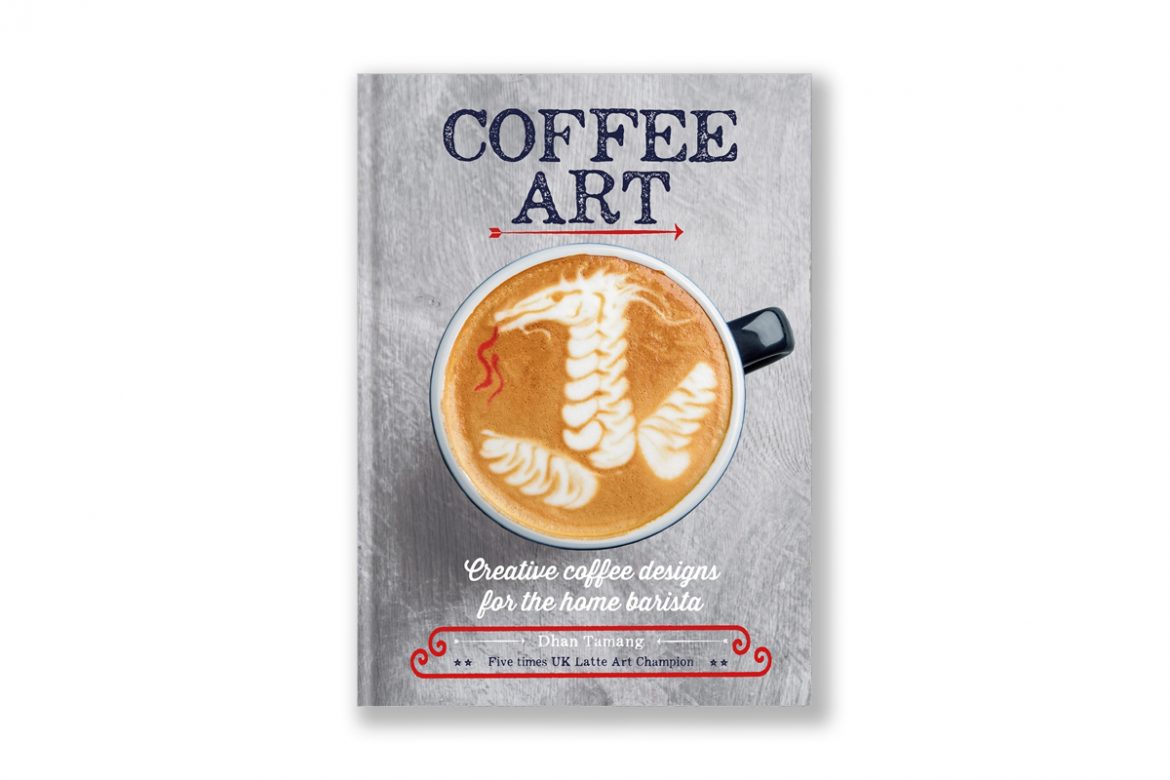
I’ll be the first to admit that my latte arts skills are abysmal. One of the best pours I ever did was a really nice, symmetrical heart (when I was trying to pour a rosetta). If you want a consistent 100g of water per minute poured in concentric circles until the cows come home, then I’m your guy. But if you want anything above a worm or, if you’re really lucky, a sad stalk of wheat on top of your cappuccino, then you’re better suited to look literally anywhere else.
But I’m not the only one; there are dozens of us—DOZENS!—that can’t pour latte art worth a hoot. Dhan Tamang is not one of those people. Tamang is the five-time reigning UK Latte Art Champion, placing as high as fourth in the World Latte Art Championship in 2016. Also the owner of Coffee Lab UK, Tamang is looking to share his knowledge and technique with those who wish to step up their latte art skills in his new book Coffee Art.
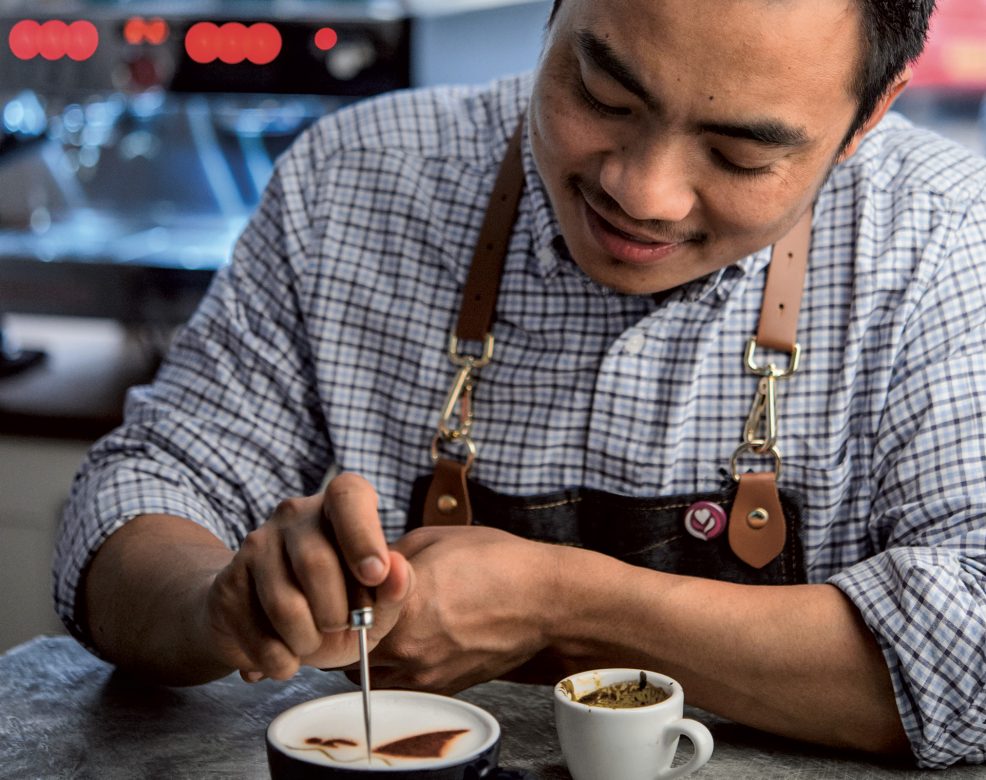
Written with the home barista in mind, Tamang’s new book provides step-by-step instruction, including photos, on how anyone (author excluded, I can’t be saved) can create better latte art. Starting with the ABCs of pouring—creating the base and free-pouring—Tamang takes readers through a progression of recognizable patterns: hearts, tulips, and rosettas. With those solidly in hand, the book moves on to more advanced free-pour designs as well as providing instruction on a litany of etching, color, and even 3D art. Tamang also includes designs of his own invention, many of which he used in competition.
To learn more about the book and the person behind it, I sat down with Dhan Tamang (via electronic communique), who was nice enough to take time out of his busy day running six cafes outside London.
This interview has been edited for clarity.
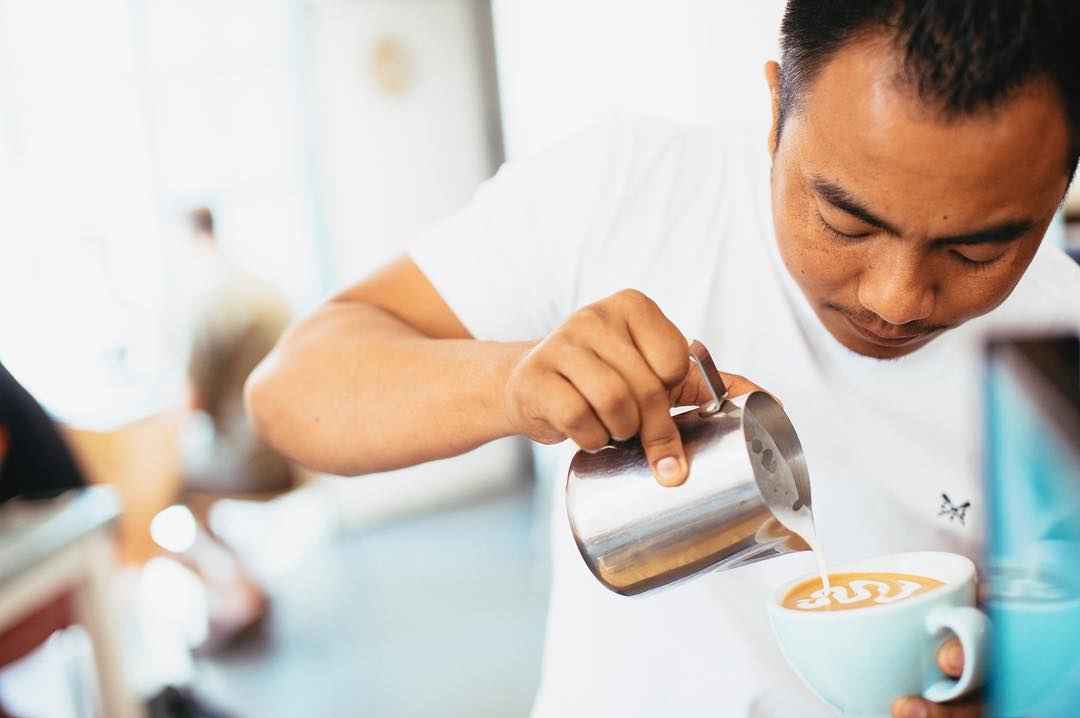
Hey Dhan, thanks for speaking with us. Can you tell our readers a little bit about how you got into latte art?
I have been making coffee since 2007, so coming up on 11 years. When I started making coffee—with chocolate syrup—I used to draw just on the top of hot chocolates and mochas and I noticed that the customers’ reactions were priceless. I’ve always believed that keeping customers satisfied and meeting their expectations is the key for any successful business. In fact, I was unfamiliar with anything about latte art at that time.
Gradually my curiosity and questions developed regarding what would happen if I were able to create some wonderful coffee art just like in the hot chocolates and mochas. Then I started to search on the internet, and luckily there were materials on latte art and I commenced learning the techniques and skills all from YouTube. I’ve never been trained from any other latte artist, so massive thanks to YouTube for being my instructor.
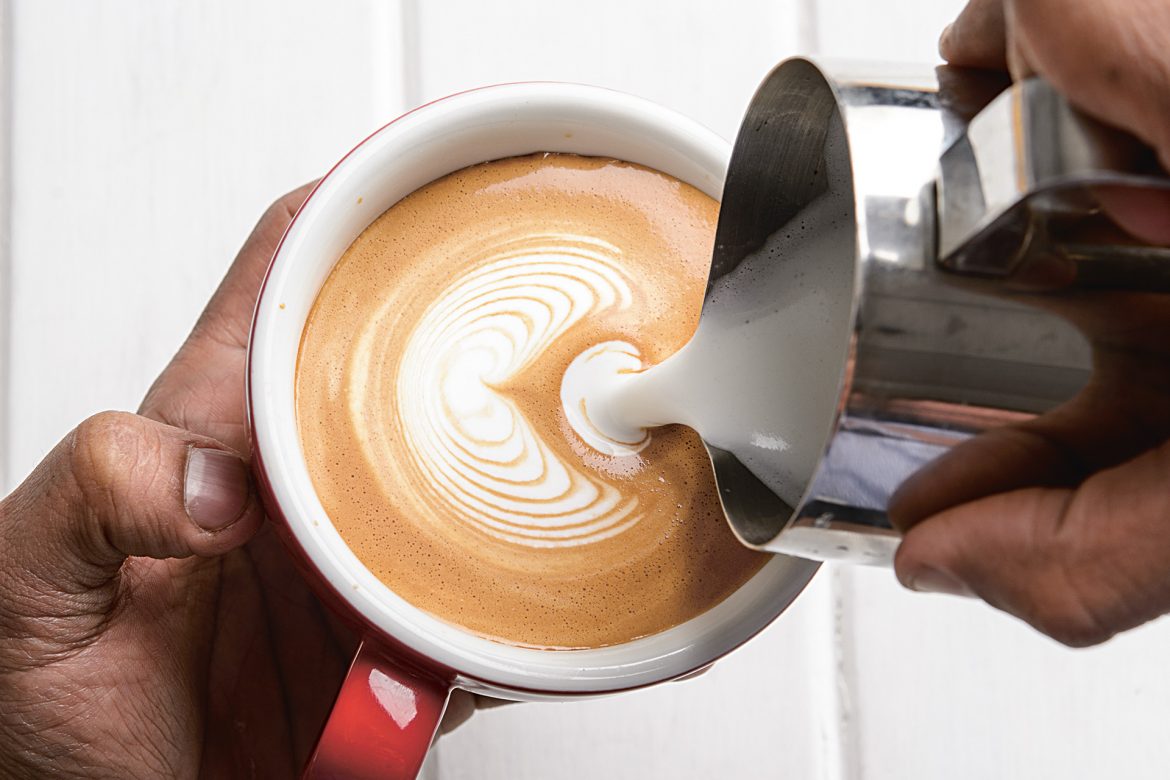
Where did the idea for the book come from?
After winning the UK Latte Art Championships, I continually looked for some new challenges. I questioned what initiatives or contributions I could make to benefit the coffee industry as I believe sharing is caring; the more we share the coffee skills and knowledge to the masses, the more the value of the coffee industry will grow and appreciate. Through the route of book, my aspiration is to educate more people about the artistic elements of coffee and share the fun parts of it.
How long did it take you to complete?
It took us around two to three months to complete.
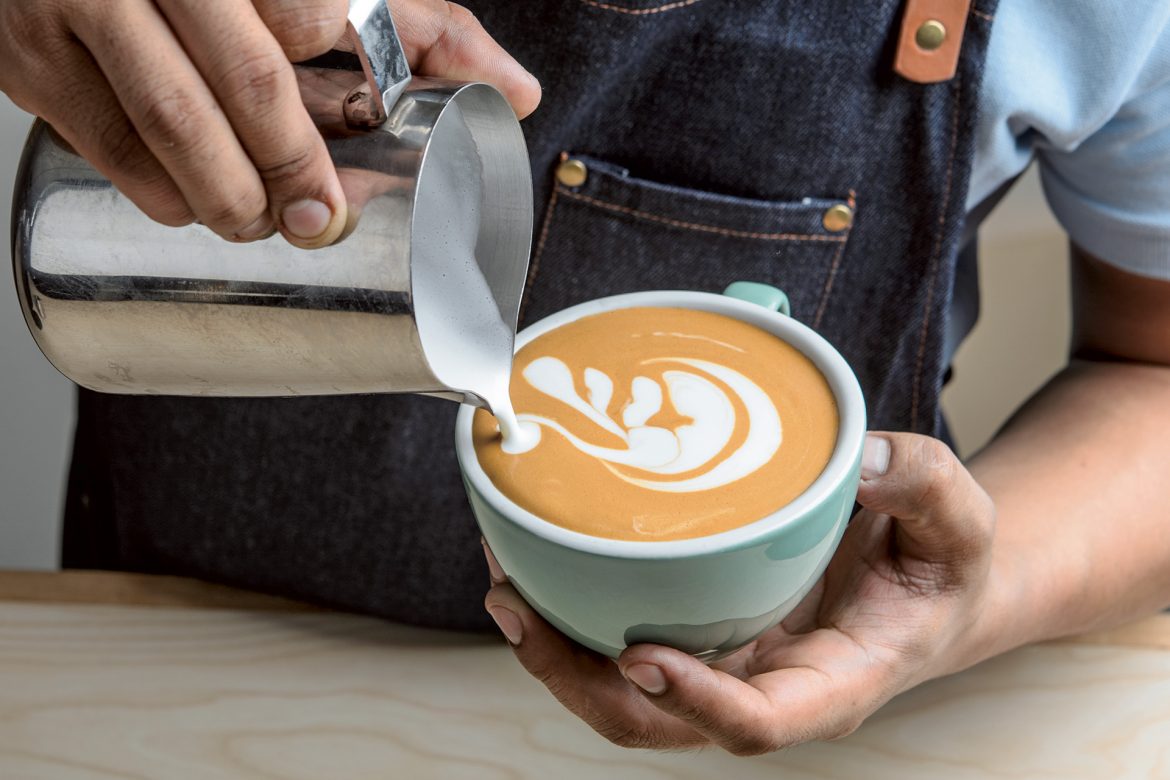
What skill level of latte artist is your book written for?
The fundamental part of this book is that it targets all levels of coffee artist, from very basic to advanced levels (black belt level). It includes 60 incredible coffee art designs with easy-to-follow and entirely demonstrated instructions for all skill levels.
You include many designs of your own creation in the book, many that you used in World Latte Art competitions. Which ones are you most proud of?
Overall, I’m very proud of all of the designs, but there are some of my favorites in the books: the Dragon, the Jumping Dolphin, and the Unicorn.
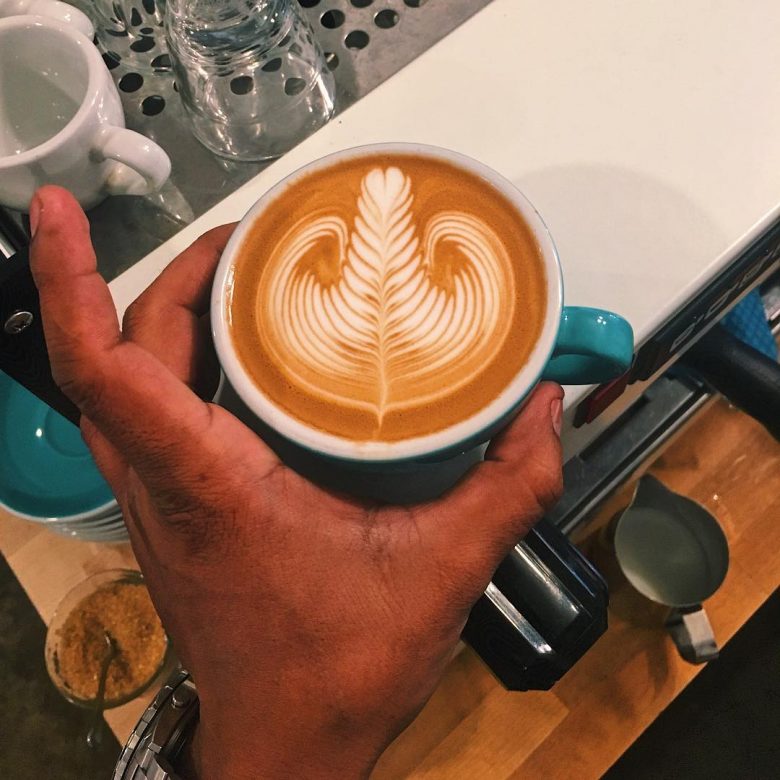
You also include tutorials for types of latte art—3D designs, colorful etchings, etc—that aren’t common in today’s specialty cafes. Would you like to see these things in shops more often? Do you think there is room for them given their generally time-consuming nature?
I believe every coffee shop has a different way of running and their target audiences will all be different, so there will be some cafes that can use 3D designs or some colorful etchings. However, these types of designs are more favorable for the home barista rather than a busy coffee shop.
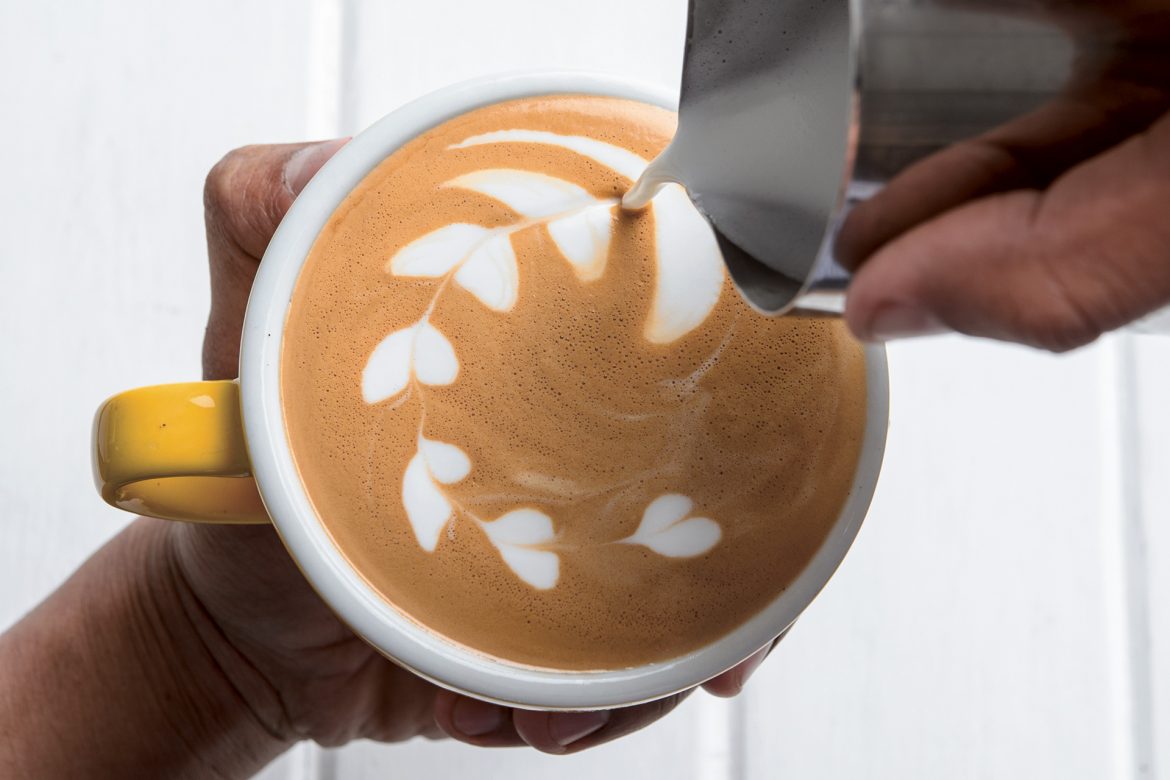
Ok, last question. When you as a Latte Art Champion are working a bar shift, what’s your go-to pour? What do you find yourself doing most often?
When I work a bar shift, I normally pour tulips, rosettas, or swans. But sometimes I prefer a rose or a different etched design, but mostly I stick with free pours.
Thanks, Dhan.
Zac Cadwalader is the news editor at Sprudge Media Network and a staff writer based in Dallas. Read more Zac Cadwalader on Sprudge.








